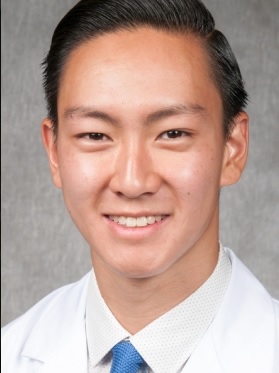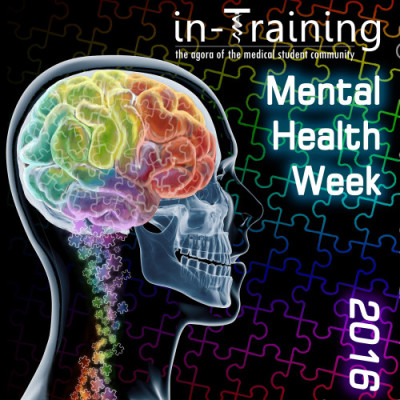Drug Addicts and Crazy People
“Great, six weeks of crazy people!” This is the sort of attitude with which I went into my psychiatry rotation. Couple this with the fact that while most schools only have four required weeks of psychiatry, my school has six weeks. Of course, I would have more free time compared to other rotations — it is called “psychation” for a reason — but at what cost? Mental illness was something that made me uncomfortable.






